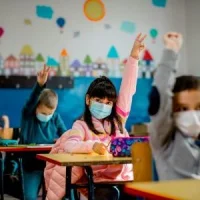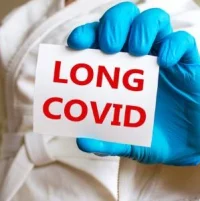After little over two years, governments worldwide are still dealing with the challenge of ending the COVID-19 pandemic. For many, vaccines have been available for a year, but a loud minority has refused them and the vaccination certificates that accompany them.
Many nations have imposed stricter rules and restrictions on the unvaccinated to make their lives more complicated to convince them to receive their vaccine dose. Vaccine passports, digital certificates indicating vaccination status, have been in place for months to gain entry into many public areas in the European Union. Austria has imposed a lockdown on all unvaccinated and will schedule mandatory shots from 1 February. Germany has banned all unvaccinated from all public venues. In Greece, being unvaccinated and over 60 carries a monthly €100 fine. France, beginning 15 February, will mandate everyone 16 or older to receive the vaccine and supply proof of full vaccination (including boosters when required) to access leisure activities, restaurants and bars, fairs or interregional public transport.
Generally, the COVID-19 vaccines reduce the severity of disease or block transmission. In turn, the vaccinated lessen their burden on healthcare systems. This is especially important in the face of SARS-CoV-2, which is a highly-transmissible virus that carries an unacceptably high risk of hospitalisation or death. The health risks associated with the Omicron variant are less, but its increased transmissibility can overwhelm healthcare systems and leave critical areas of society’s infrastructure short-staffed. Cases of COVID-19 hospitalisations among the unvaccinated are much higher. Vaccine advocates argue that refusing the vaccines means that many unvaccinated may require care in hospital beds and consequently deprive others of needed care.
Reasons for COVID-19 vaccine refusal are mixed, with many doubting vaccine efficacies (despite evidence proving otherwise), irked at needing repeated boosters, or alarmed at what they perceive as an erosion of civil liberties. On this last point, many fear the restrictions are part of a never-ending slippery slope to limit individual freedoms — that a totalitarian dystopian world will emerge. In protest, some resort to subterfuge and rule-breaking to meet with like-minded individuals at sympathetic venues, like U.S. Prohibition era 'speakeasies'. Others have tried to obtain digital vaccine certificates fraudulently. Some examples in Italy include anti-vaccine activists paying a nurse to administer fake shots. One man even tried to fool a health worker into administering the vaccine into a fake silicone arm.
Regardless, the restrictions thus far have had the effect of increasing COVID-19 vaccination rates.
Sources: CNN, France24, The New York Times, The Guardian, The Washington Post


![Tuberculosis Diagnostics: The Promise of [18F]FDT PET Imaging Tuberculosis Diagnostics: The Promise of [18F]FDT PET Imaging](https://res.cloudinary.com/healthmanagement-org/image/upload/c_thumb,f_auto,fl_lossy,h_184,q_90,w_500/v1721132076/cw/00127782_cw_image_wi_88cc5f34b1423cec414436d2748b40ce.webp)







